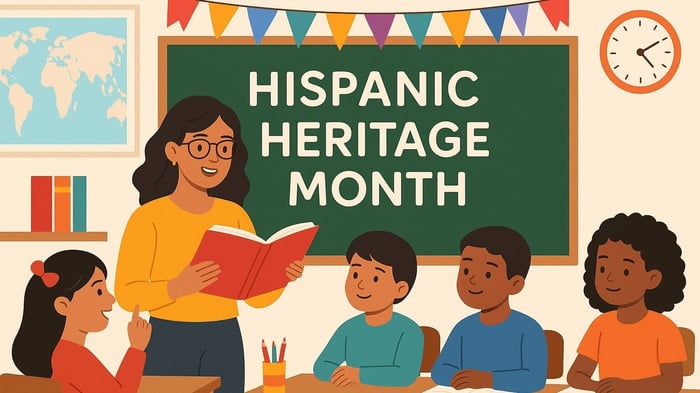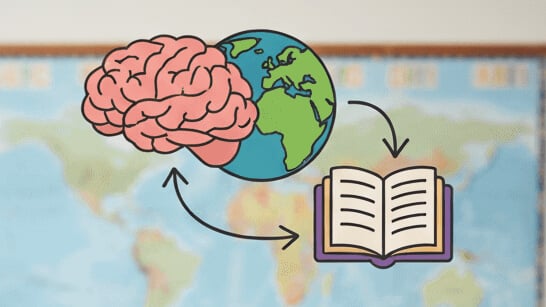Phonemic awareness—the ability to hear, identify, and manipulate sounds—is one of the strongest predictors of future reading success.
As educators we know it’s not just about identifying letters on a page or even just about hearing sounds. Students also need opportunities to produce those tricky or unfamiliar sounds with accuracy.
- When both hearing and articulation are supported, students gain the tools to:
- Distinguish subtle differences in speech (think ship vs. sheep)
- Build stronger connections between spoken and written language
- Develop confidence as readers, writers, and communicators
For teachers, the heart of this work lies in creating space for listening, modeling, and practicing—patiently and playfully. Practical strategies can be simple:
Model and visualize articulation: Use mirrors, mouth diagrams, or short video clips to make tongue and lip placement visible.
Use minimal pairs: Contrast words that differ by only one sound (ship/sheep, pat/bat) so students can tune their ears to subtle differences.
Connect to kinesthetic awareness: Invite students to feel the vibration in their throat (voiced vs. unvoiced sounds) or notice airflow through the nose (nasal sounds like /m/ vs. /n/).
Play with sound “codes”: Present the International Phonetic Alphabet (IPA) as a fun secret code for teachers to model sounds and let curious students “decode” words.
Embed sound work into routines: During read-aloud or word study, pause to highlight a sound. During writing, prompt students to “tap out” tricky phonemes before spelling.
For administrators, this means ensuring that instructional time and professional learning prioritize both phonemic awareness and articulation. When schools support teachers with research-based practices and resources in this area, students build stronger foundations for decoding, comprehension, and long-term literacy success.
Every sound mastered is more than just a skill—it’s a step toward equity, access, and the joy of full expression.
#RoseInstituteforLiteracyandLearning #ManhattanvilleUniversity #ManhattanvilleSchoolofEducation #PhonemicAwareness




